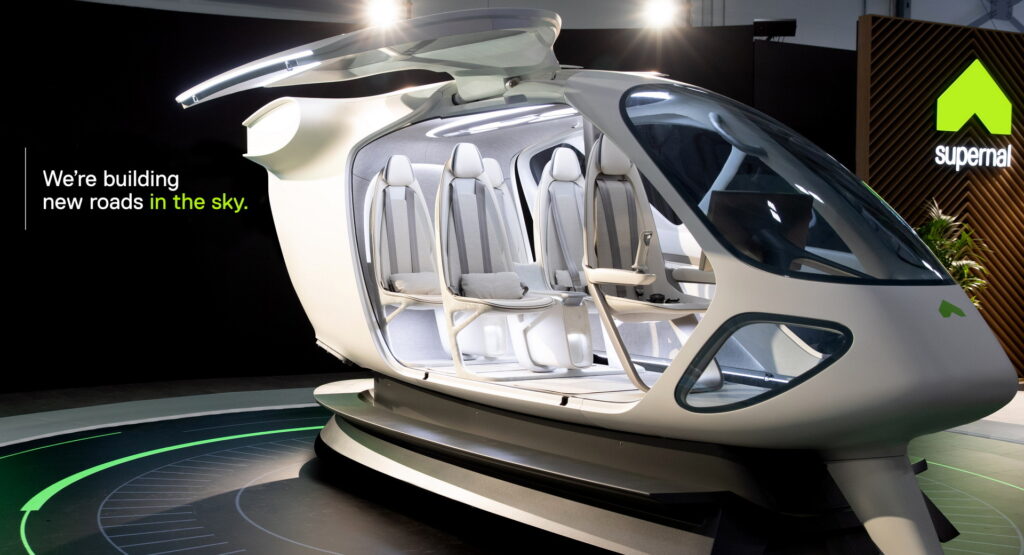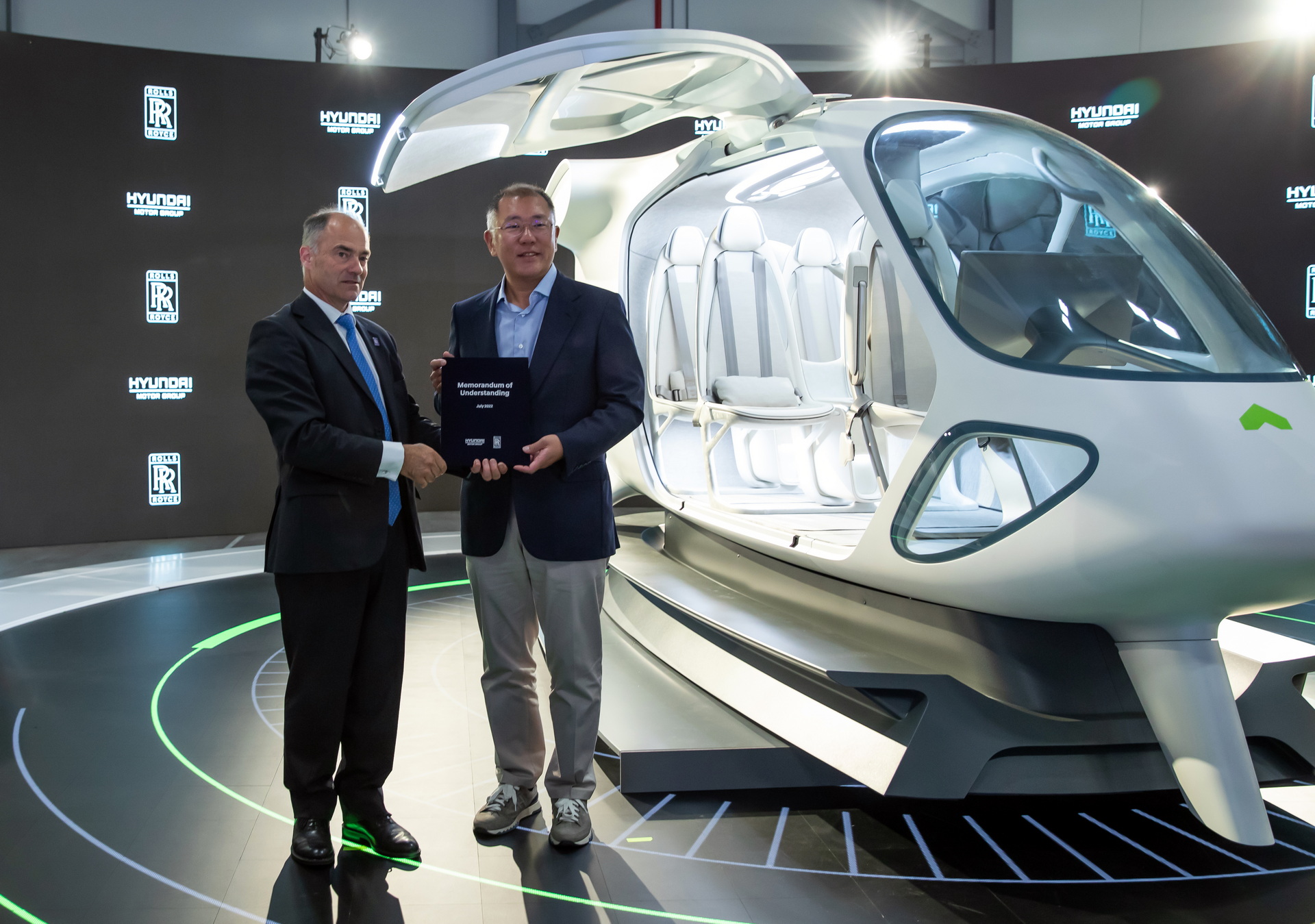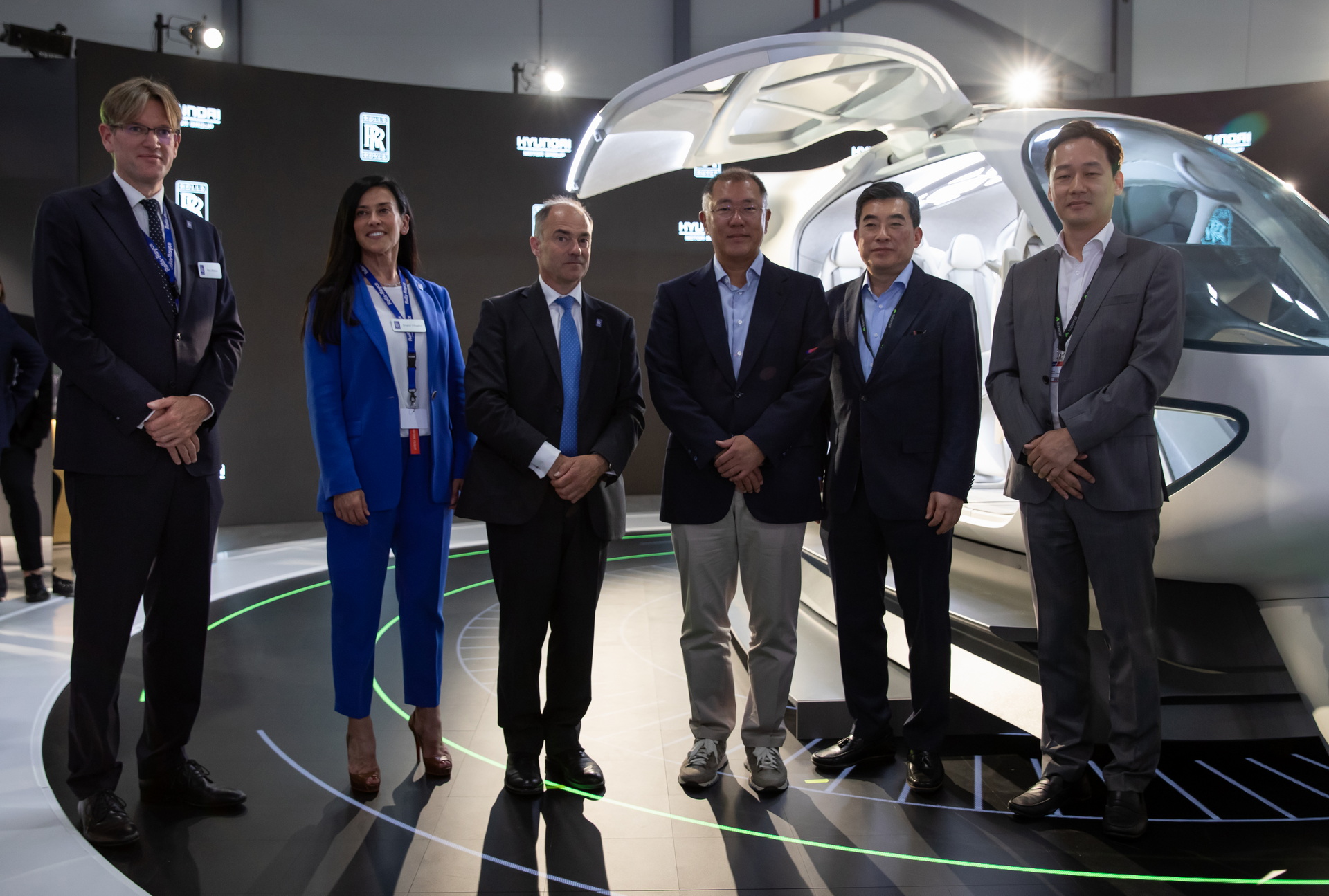The Hyundai Motor Group and Rolls-Royce Holdings (the aviation company) today signed a memorandum of understanding to work together on the development of sustainable power for the advanced air mobility market.
“We are pleased to partner with Rolls-Royce to draw upon their aviation and certification expertise to accelerate the development of hydrogen fuel-cell propulsion systems,” said Jaiwon Shin, President of Hyundai Motor Group. “We believe this to be the key technology to support the global aviation industry’s goal to fly net-zero carbon by 2050.”
Together, the companies will collaborate on developing propulsion systems for passenger drones using electric and hydrogen fuel cell technologies based on Hyundai’s Regional Air Mobility platforms. They will also work to prepare Rolls-Royce Holdings to produce these power systems.
Read Also: Hyundai Bringing Autonomous, Electric Flying Vehicles To The Skies In 2028
The ultimate result of the collaboration will be to deliver a fuel-cell electric aircraft demonstration by 2025, with the eventual aim of bringing that vehicle’s propulsion system to the wider advanced air mobility market.
“We are delighted to partner with Hyundai Motor Group,” said Rob Watson, the president of Rolls-Royce Electrical. “The Advanced Air Mobility Market offers great commercial potential, and this collaboration supports our joint ambitions to lead the way in the Advanced Air Mobility Market.”
Using hydrogen as a fuel source, the companies say, offers all the benefits of electric propulsion (both the suppressed sound and the low emissions) as well as long range. The companies will also work to bring hydrogen fuel cells, storage systems, and infrastructure to the aerospace market.
Supernal, Hyundai Motor Group’s U.S.-based advanced air mobility unit, plans to begin flying customers in urban areas by 2028. Hyundai plans to launch longer-range flights in the 2030s.






